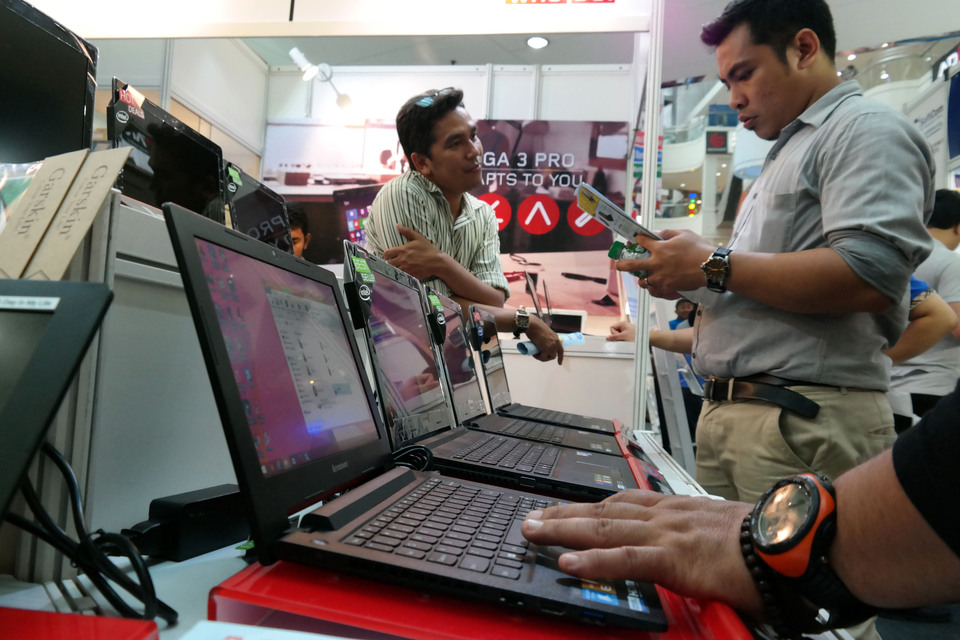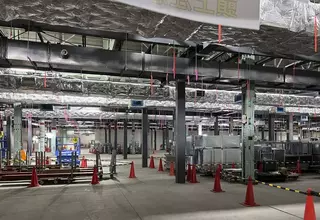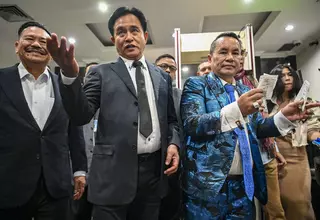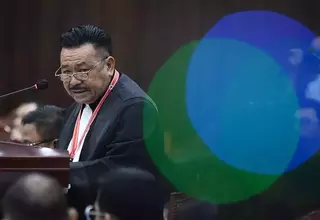SAP Sees Technology Helping Indonesia Take Lead Role in a Hyperconnected Asean

Jakarta. Technology can help Indonesia to take a lead role in a hyperconnected Southeast Asia and support the integration of the Asean Economic community, an executive at SAP Indonesia said on Tuesday.
“Hyperconnectivity is explained as the increasing digital interconnection of people – and things – anytime and anywhere with infrastructure, vehicles and everyday objects joining the Internet as smart objects which communicate, from connected devices used for health care reporting to monitoring our daily exercise on a connected watch,” said Megawaty Khie, managing director at SAP Indonesia, the local unit of SAP SE, the German multinational enterprise software maker.
SAP Indonesia serves enterprise software to more than 1,000 customers, including big corporations and business groups like Bank Mandiri, food giant Indofood Group and diversified conglomerate Sinar Mas Group.
Megawati, who spoke on the sidelines of the 24th World Economic Forum on East Asia at the Shangri-La hotel, said an increasingly hyperconnected Indonesia, means that the country — which is the fourth most populous nation and has Southeast Asia’s biggest economy — can boost business and trade beyond its borders.
”This can lead to dramatic increases in overall productivity, economic value and improved lives, for everyone in the nation. This is especially pertinent in light of the upcoming launch of the Asean Economic Community at the end of 2015,” she said.
Megawati, who has almost 20 years of experience in the IT and telecommunications industries, said that the AEC requires companies to raise productivity, improve the quality of goods through innovation, research and development and reduce production costs, all with the main aim of improving competitiveness.
Economic integration of the Association of Southeast Asian Nations is intended to lead to freer trade of goods, services and labor.
Still, Megawati warned of impending problems for companies, especially in managing data.
"Whilst all these advancements can bring unprecedented benefits, it can also accelerate crippling complexity, making business and lives more difficult, especially with the escalating amount of data being produced,” she said.
GlobeAsia and the Jakarta Globe are media partners of the WEF event.
GlobeAsia
Tags: Keywords:POPULAR READS
Nissan to Make Next-Generation EV Batteries by Early 2029
Solid-state batteries are widely seen as the next step for EVs.Airlangga Set to Extend Leadership in Golkar After Election Success
Under his leadership, Golkar rose to the second position in the legislative polls and successfully made Gibran the elected vice president.Yellen Says Iran's Actions Could Cause Global 'Economic Spillovers'
Iran's missile attack on Israel early Sunday came in response to what it says was an Israeli strike on Iran's consulate in Syria.Takeaways from Prabowo's Responses to Legal Motion Contesting His Election Win
Part of the argument addresses the claim that the candidacy of Gibran Rakabuming Raka, Prabowo’s running mate, is unlawful.Prabowo Camp Cites ‘Procedural Error’ in Legal Challenge by Rival Candidates
The Constitutional Court's main task is to address alleged discrepancies in vote tallies, which neither of the plaintiffs challenged.Popular Tag
Most Popular






















